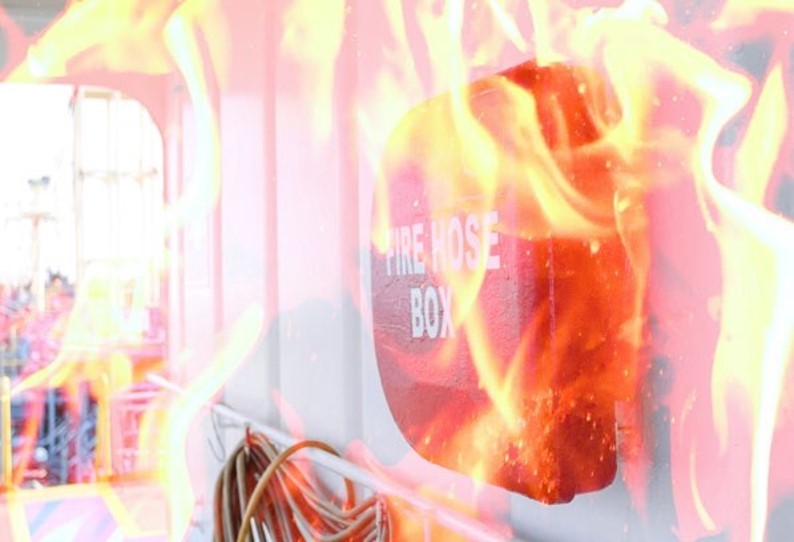
All fire protection systems onboard and appliances should at all times be in good order and available for immediate use while a ship is in service. A helpful recent Marine Notice by the Palau Ship Registry highlights and gives guidance about the requirements of their inspection regime.
Fire protection systems need to be inspected weekly, monthly, quarterly and annually, as follows to ensure proper functioning. Continue reading “Do you know when fire protection systems onboard should be inspected?”










